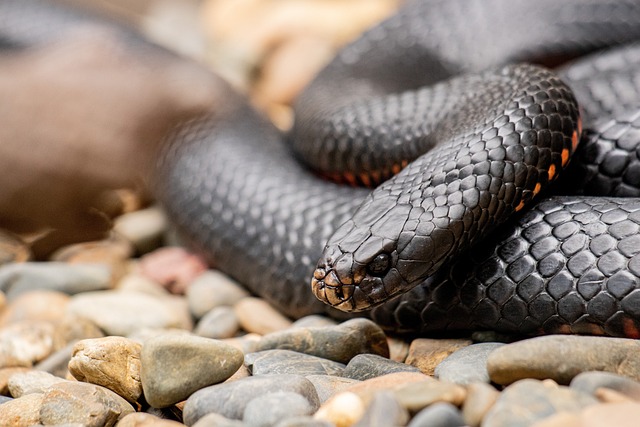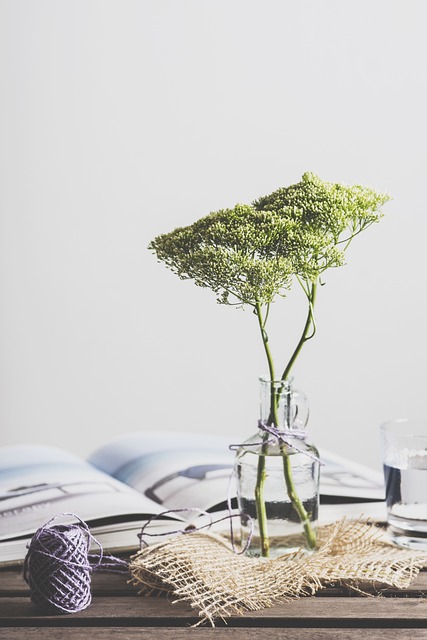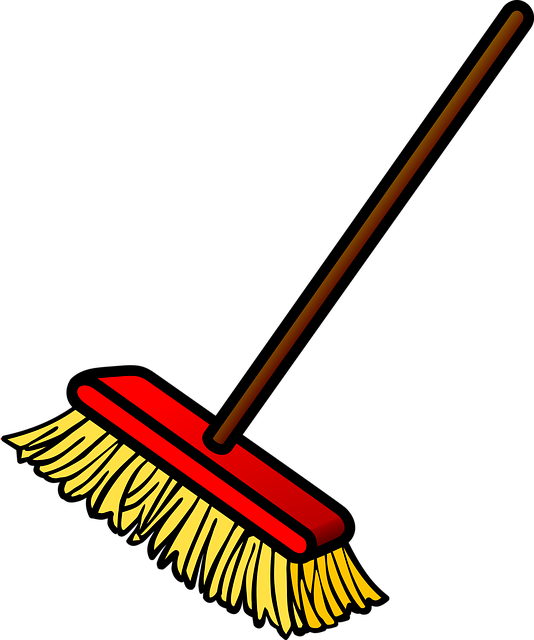This text explores common causes of drain clogs—debris buildup from hair, grease, soap scum, and food particles—and offers a range of solutions. For minor clogs, DIY methods like plungers, baking soda and vinegar blends, or natural unclogging techniques are recommended. More persistent issues may require plumber's snakes. The article cautions against excessive use of chemical drain cleaners for environmental and pipe safety. It emphasizes that while DIY solutions are effective for simple clogs, professional help is needed for severe blockages caused by roots, broken pipes, or corroded lines.
Struggling with stubborn drain clogs? Boiling water and simple home remedies might be the solution. This guide explores effective DIY methods for clearing minor clogs, including the science behind boiling water’s dissolution power. Learn how a plunger can become your go-to tool and discover natural unclogging heroes like baking soda and vinegar. Additionally, we’ll help you decide when it’s time to call in a plumber for more severe blockages, ensuring your drains stay clear and functional.
- Understanding Common Drain Clogs and Their Causes
- Plunger Use: A DIY Approach to Minor Clogs
- Natural Unclogging Methods: Baking Soda and Vinegar
- When to Call a Plumber: Persistent or Severe Blockages
Understanding Common Drain Clogs and Their Causes

Understanding Common Drain Clogs and Their Causes
Clogged drains are a common household issue that can disrupt daily routines. DIY clogged drain solutions are often sought after to avoid the cost and inconvenience of calling a plumber. One of the most fundamental causes of drain clogs is debris accumulation, including hair, grease, soap scum, and even food particles. Over time, these substances can build up in pipes, narrowing them and impeding water flow.
When it comes to addressing clogs, simple tools like plungers and natural unclogging agents such as baking soda and vinegar can be highly effective DIY solutions. Plunging involves creating a suction action to break apart clogs, while the acid in vinegar can help dissolve mineral deposits and grease buildup. For more persistent or severe clogs, a plumber’s snake—a flexible metal cable inserted into pipes to break apart obstructions—may be necessary. Drain cleaning products are also available, but it’s important to use them cautiously, as some chemical agents can be harmful to pipes and the environment.
Plunger Use: A DIY Approach to Minor Clogs

When faced with a minor drain clog, reaching for a plunger is often the first step in a DIY approach to drain cleaning. The suction power of a plunger can effectively break up and dislodge obstructions, allowing water to flow freely again. To use this method, simply place the plunger over the drain opening, ensure it creates a tight seal, and then pump up and down with force. This action generates pressure that can push through built-up grease, hair, or other common culprits causing clogs.
For stubborn clogs that don’t respond to initial plunging attempts, natural unclogging methods like baking soda and vinegar blends can be effective. Combining equal parts of each creates a fizzing reaction that helps break down blockages. Pouring this mixture down the drain followed by hot water may be all it takes to clear a minor clog without resorting to harsh chemicals or calling in a plumber?s snake.
Natural Unclogging Methods: Baking Soda and Vinegar

When it comes to dealing with minor drain clogs, many people turn to boiling water as a quick fix. While effective, there are also natural unclogging methods that can be just as efficient and environmentally friendly. Baking soda and vinegar are two common household ingredients that can work wonders on clearing blocked drains without resorting to harsh chemicals.
To use this DIY clogged drain solution, start by pouring 1/2 cup of baking soda down the drain followed by 1 cup of white vinegar. This combination creates a foaming reaction that helps break up grease and grime buildup. Let it sit for 30 minutes, then flush with hot water. If the clog persists, you can repeat the process or try using a plumber’s snake to clear any remaining obstructions. Compared to chemical drain cleaners, these natural alternatives are safer for septic systems and won’t leave harmful residues. Plus, they’re cost-effective and easy to find around the house, making them excellent options for those looking to avoid harsh chemicals and potentially costly plumber visits.
When to Call a Plumber: Persistent or Severe Blockages

If you’re dealing with a minor clog that’s easily dissolved by boiling water, you might be able to handle it yourself using simple DIY methods. However, there are instances when a persistent or severe blockage requires professional attention. Not all clogs respond to home remedies like baking soda and vinegar or the use of a plunger. If you’ve tried these natural unclogging techniques without success, it’s time to consider other options.
Severe cases may involve roots intruding into pipes, broken pipes, or corroded drain lines that need inspection and repair. A plumber?s snake (a long, flexible tool inserted into drains) can help reach and clear stubborn clogs. In some situations, a plumber will employ more advanced drain cleaning techniques to ensure the problem doesn’t reoccur. While it’s easy to turn to DIY solutions for minor clogs, calling a professional is often a wise decision for persistent or severe blockages to avoid further damage and ensure long-lasting drain health.






